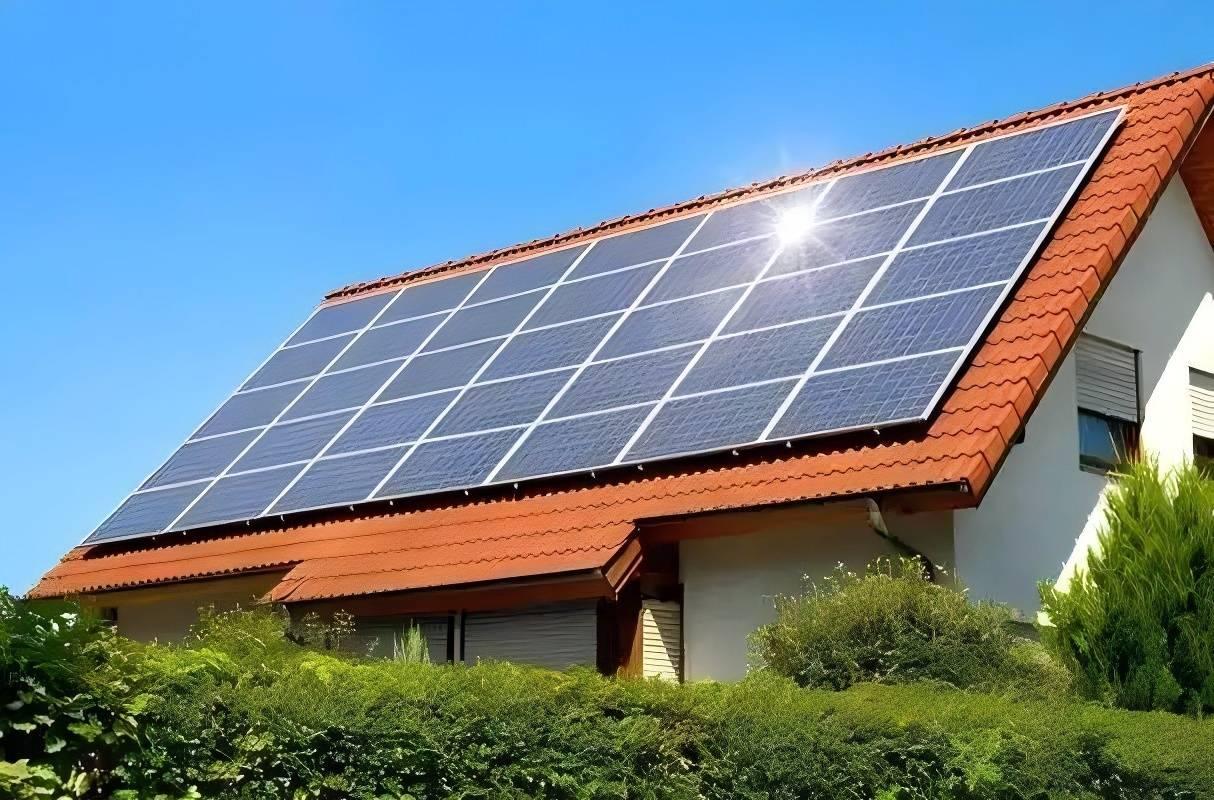Do Solar Panels Need Direct Sunlight?
Solar energy is one of the most sustainable and eco-friendly power sources available today. But a common question that arises when people consider installing solar panels is: *Do solar panels need direct sunlight to generate power?*
The short answer is no — solar panels do not require direct sunlight to produce energy, although they do perform best in sunny conditions. In this post, we'll dive into how solar panels work and whether or not they need full sunlight to generate electricity.
How Do Solar Panels Work?
Solar panels use photovoltaic (PV) cells to convert sunlight into electricity. When sunlight hits these cells, it excites electrons, creating an electric current that can be harnessed for use. The more sunlight that reaches the panels, the more energy they produce. But is it necessary for the sunlight to be direct?
Direct vs Indirect Sunlight: What's the Difference?
Direct sunlight occurs when the sun's rays shine directly on the solar panels without being obstructed by clouds or other objects. Indirect sunlight, on the other hand, happens when the sun's rays are diffused or scattered by clouds, fog, or other atmospheric conditions.
While direct sunlight maximizes energy production, solar panels can still generate electricity under less-than-ideal conditions, like cloudy or overcast weather.
Do Solar Panels Need Direct Sunlight?
No, solar panels do not need direct sunlight to work. While they are most efficient in direct sunlight, they can still generate power in diffused or indirect sunlight. In fact, even on cloudy days, solar panels can produce energy, though at a lower rate compared to clear skies.
Factors That Affect Solar Panel Efficiency
Several factors influence how much energy a solar panel can generate, including:
- Sunlight Intensity: The more intense the sunlight, the more electricity a solar panel can generate. Direct sunlight offers the highest intensity, leading to maximum energy production.
- Weather Conditions: Cloudy or overcast days reduce the amount of sunlight that reaches your panels, but they don't stop them from working entirely. Solar panels can still generate power, albeit at a lower level.
- Angle and Orientation: The positioning of your solar panels is key. Panels that are angled to capture the most sunlight during peak hours will produce more energy, even under cloudy conditions.
Solar Panel Efficiency in Different Conditions
- Clear, Sunny Days: Solar panels perform best under clear, sunny skies. Direct sunlight provides the most power, and this is when panels generate the highest output.
- Cloudy Days: Even on cloudy days, solar panels can still generate energy, though at a reduced rate. Panels made from high-efficiency materials like monocrystalline silicon perform better in low-light conditions.
- Rain and Snow: Solar panels can still work in light rain or snow, but heavy snow may block sunlight temporarily. Once the snow melts, your panels will resume their normal function.
Maximizing Solar Panel Efficiency
To get the most out of your solar panels, ensure they are installed in a location with optimal sunlight exposure. Regular cleaning and maintenance, along with proper angle and orientation adjustments, can also help maximize their performance. Additionally, pairing solar panels with a battery storage system allows you to store excess energy for use during cloudy days or at night.
Conclusion
Solar panels don't require direct sunlight to generate electricity — they can work under cloudy or overcast skies. While they are most efficient in direct sunlight, they can still provide significant power even in less-than-ideal weather conditions. If you're considering installing solar panels, rest assured that they can contribute to your energy needs year-round, no matter the weather.
Next:Hithium Unveils HeroES: A Game-Changing Installation-Free Home Microgrid System for the Future of Smart Energy
Previous:Hithium Energy Storage ∞Power 6.25MWh 2h/4h Time-Space Customized Large-Capacity Energy Storage System Global Launch
